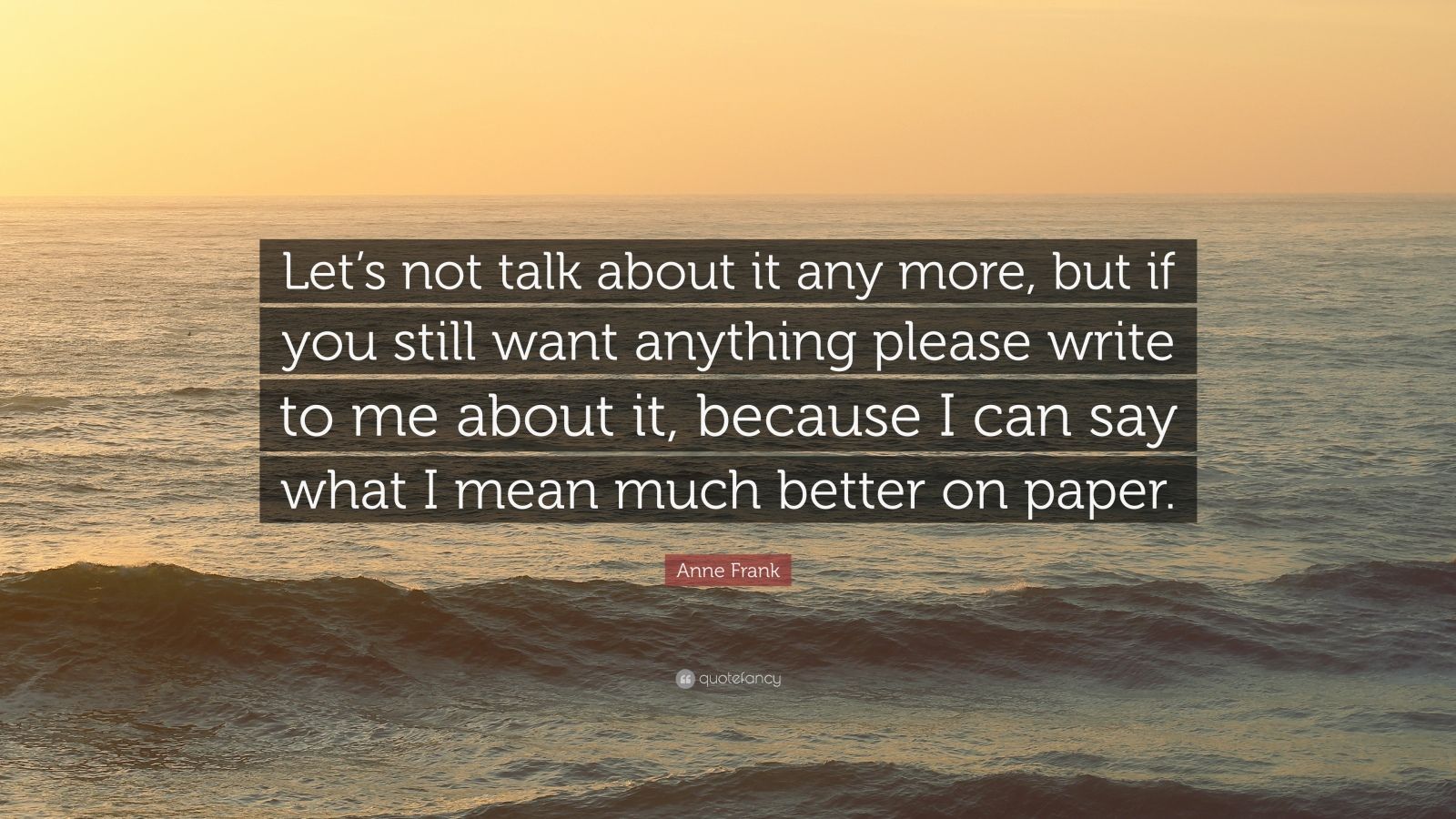
a beautiful blond Gentile wife’’ detours to the titular Forty-second Street attraction, only to find that behind the partition also sits a tribunal of rabbis (and, later, his mother), who grill him about having left the faith.

In this wry fantasia on right and wrong, all is not fine with Allen Fein (né Ari Feinberg), who, “on his way home to. We also see a yeshiva gate, shut against a student expelled for having a non-Jewish mother the infamous Israeli “security wall’’ built to contain Palestinians and, more amusingly, in “Peep Show,’’ a token-operated partition that lowers to reveal naked women. The pantry door, on the other side of which loom imagined enemies, is but one of the book’s many physical manifestations of the author’s concern with boundaries and us/them distinctions. Nonetheless, Englander’s story concludes more affectingly than Carver’s plotless original: The snacking couples, crowded into a small walk-in pantry, play the haunting “Anne Frank game,’’ imagining who, in the event of an American Holocaust, would protect them and who would betray.

It’s puzzling why Englander would title this piece (and his book) so as to compel comparison with Raymond Carver’s iconic story “What We Talk About When We Talk About Love.’’ Aside from superficial similarities - two couples drinking alcohol and talking, a few echoed phrases - the link is inapt, and the title seems a silly Catskills gag.


 0 kommentar(er)
0 kommentar(er)
